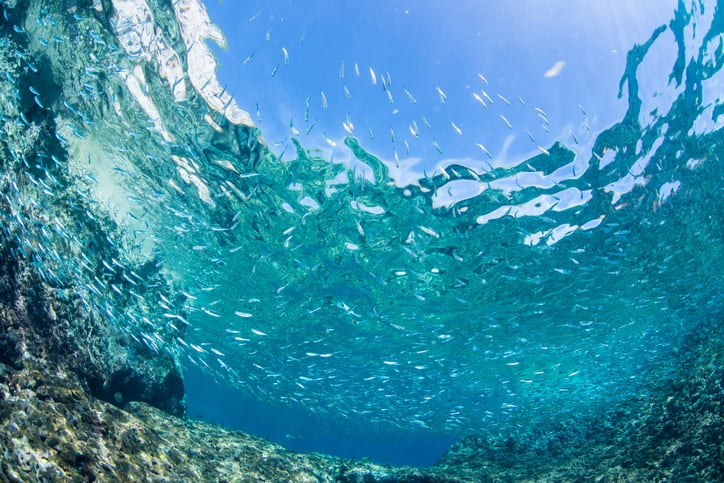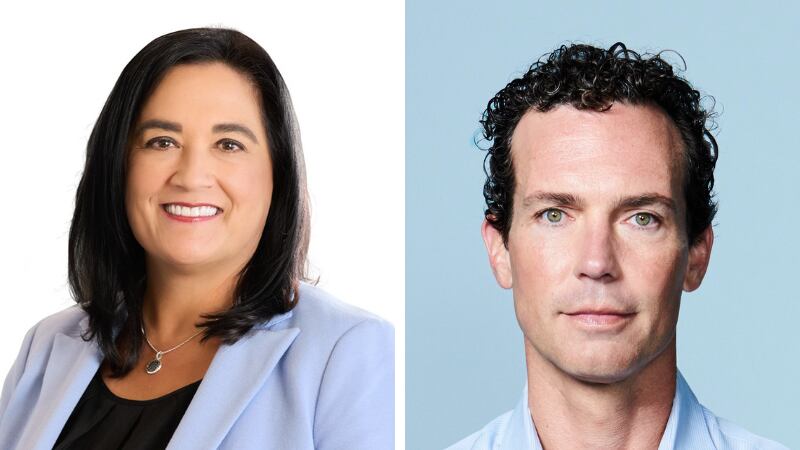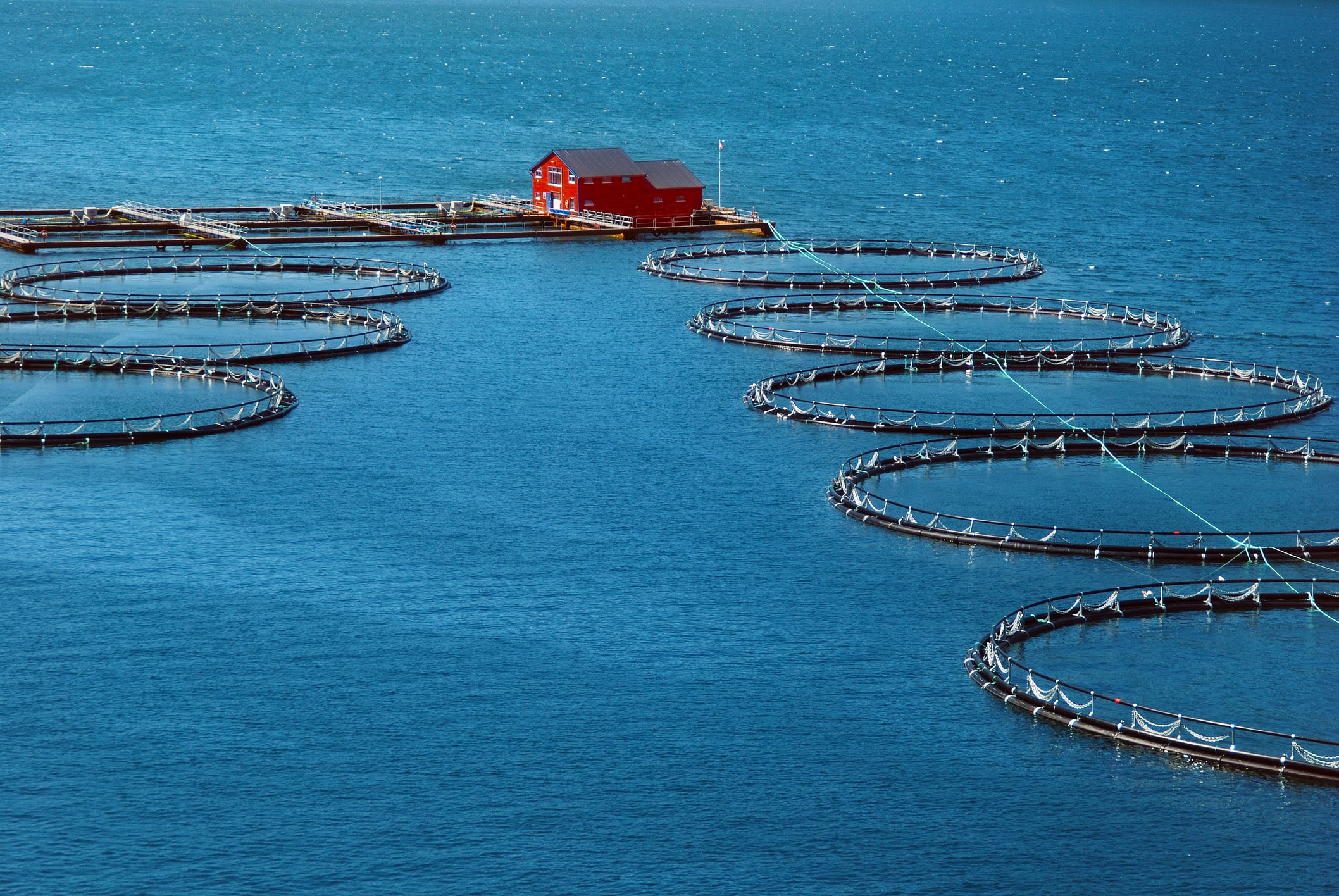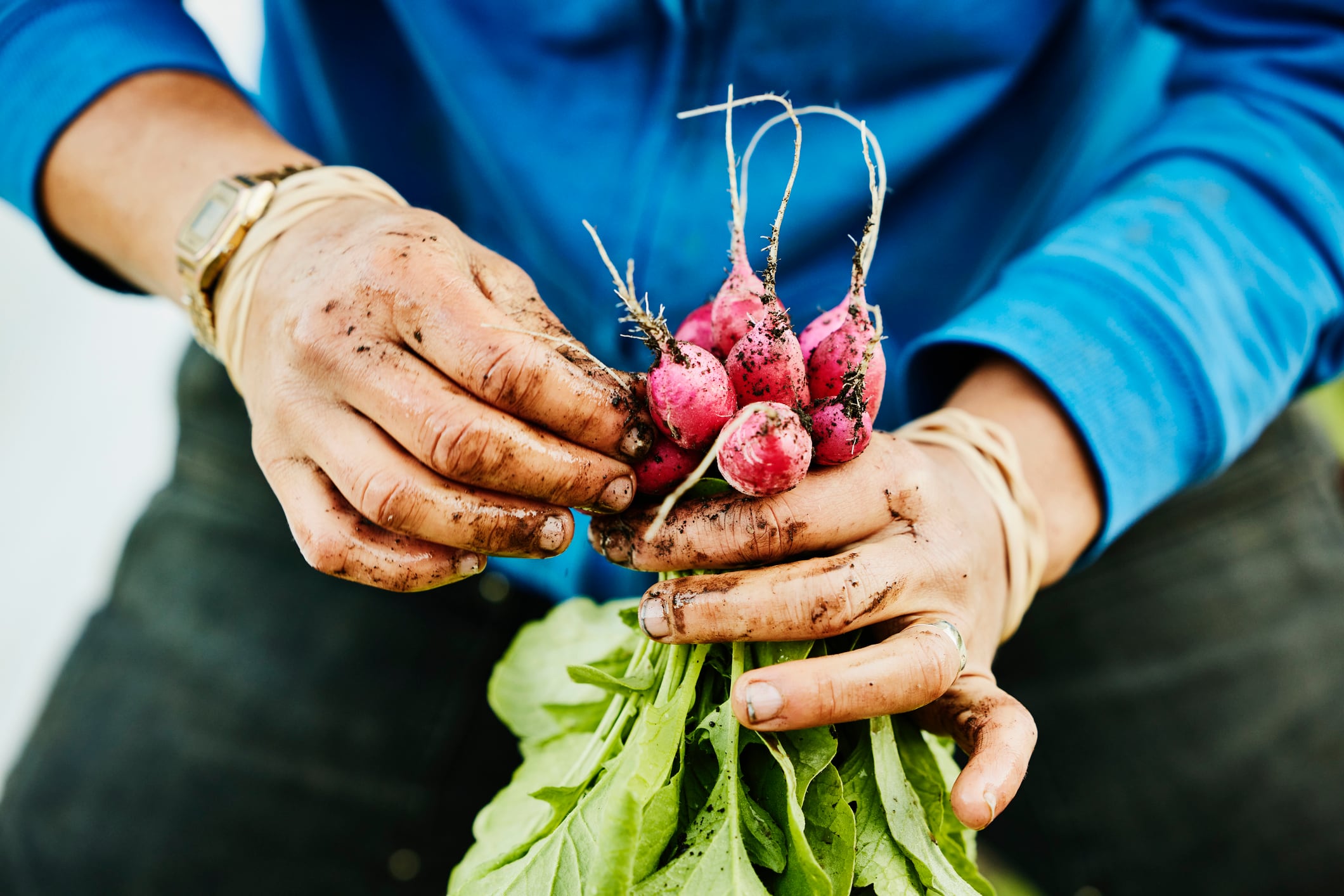In Asia, the organisation is focused on boosting the supply of marine ingredients that can meet international market requirements.
“We can see that there is a lot of potential for Asian products to be more globally recognised, and it’s what we need to meet requirements from global markets and from global standards,” said Véronique Jamin, communications director of IFFO, during the IFFO annual conference in Tokyo, Japan, from the October 20 to 22.
Asia has been advancing at different paces depending on the region. For instance, there are a few facilities in South East Asia producing marine ingredients that meet MarinTrust standards.
However, India does not yet have any marine ingredient facility certified by MarinTrust for responsible sourcing, traceability, and production.
Jamin emphasised that the organisation saw Asia as a key contributor to the marine ingredient sector.
“When we look at South East Asia – that’s a combination of four countries the Philippines, Indonesia, Thailand and Vietnam – we see that there are a few facilities producing marine ingredients which are certified against the MarinTrust standard and it’s representing already a significant volume.”
According to MarinTrust, in 2024, SEA produced about 200,000 metric tonnes of MarinTrust recognised marine ingredients – approximately one-fifth of total production.
To help producers in India, the Global Roundtable on Marine Ingredients will soon launch a socio-economic study to better understand the marine ingredients landscape in India and barriers slowing down the uptake of certification.
“There is improvement needed in terms of how we can help this region have its production better recognised at a global level to meet requirements from global standards,” said Jamin.
The Global Roundtable on Marine Ingredients was launched in 2021 by the IFFO and the Sustainable Fisheries Partnership (SFP). It’s a multi-stakeholder, long-term commitment that involves 13 companies from the marine ingredients value chain.
“The ultimate goal of this commitment is to increase the availability of responsibly sourced marine ingredients,” said Jamin.
She added that the Global Roundtable on Marine Ingredients has been acknowledged by the World Economic Forum (WEF) and Science Advances as representing “a step towards integration and actually a way to address social and environmental challenges in the fish meal and fish oil sector”.
West Africa successes
Since the launch, it has made significant progress in West Africa.
Members of the Global Roundtable have worked with the Mauritanian government to develop a management plan for small pelagic fisheries, contributing directly to its design and framework.
“This has resulted in very positive measures being made in terms of managing the species, banning some species from being used in marine ingredient production, but also better equipping vessels and factories to prioritise frozen products,” said Jamin.
Moving forward, it hopes to expand and see other neighbouring nations such as Senegal and the Gambia adopt similar measures so that shared stocks are better managed.





